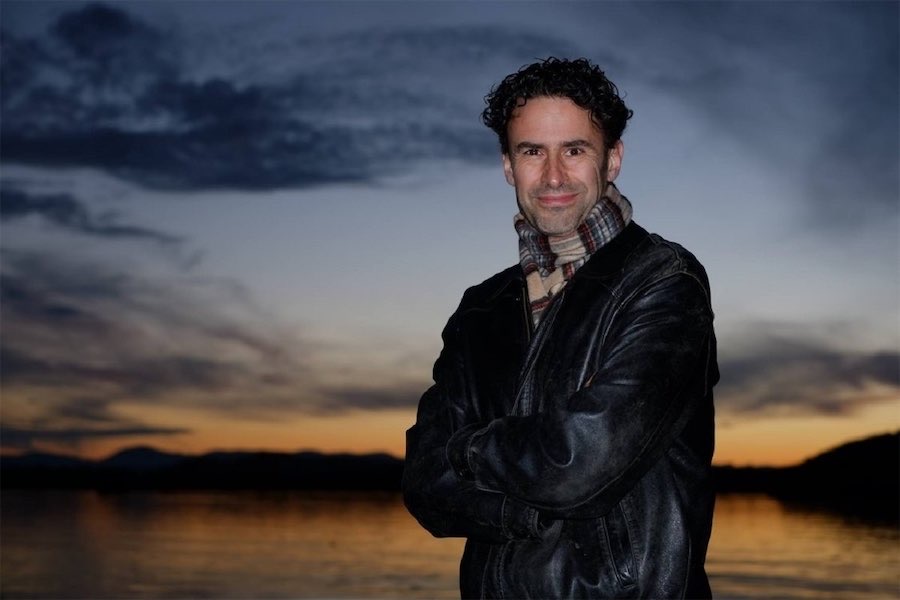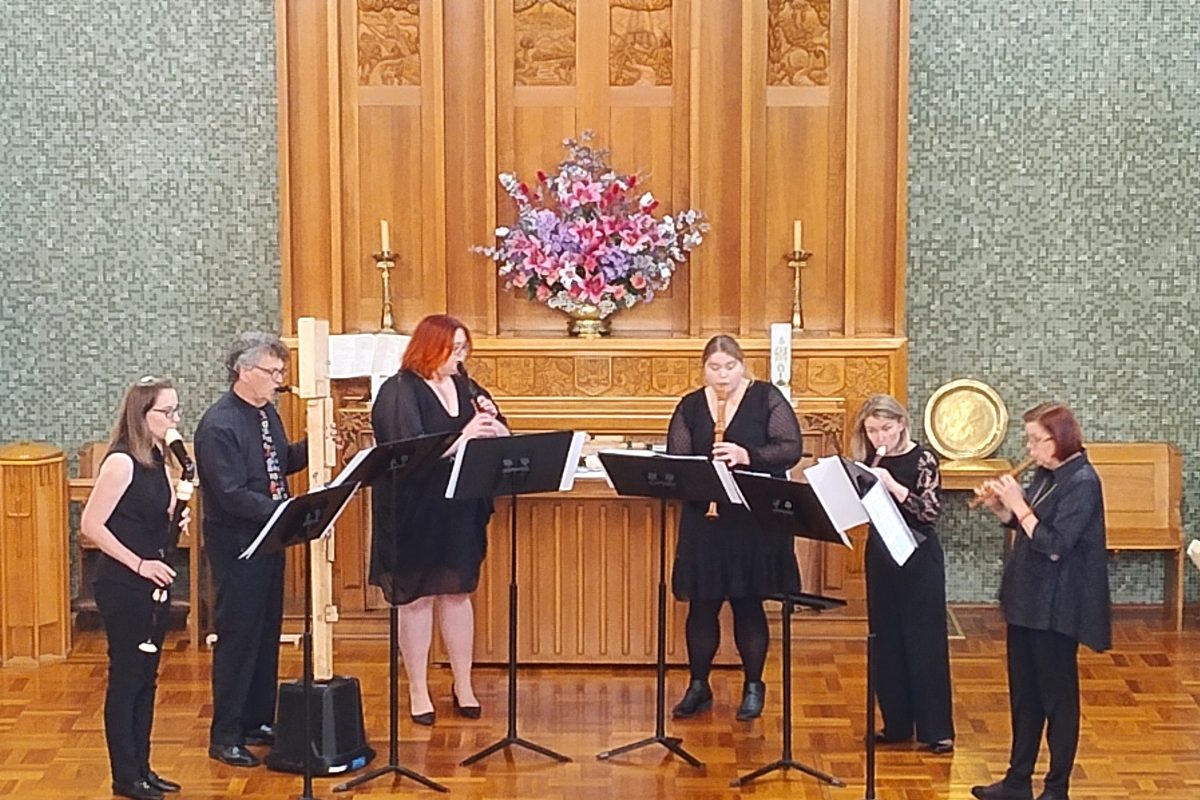“I’M a melody person – I love song, Sérgio Mendes says when he calls from Los Angeles, where he lives.

“Brazil has wonderful songs; it’s music you can dance to, it’s very happy, up-tempo, sunny and romantic,” he enthuses.
That partly explains why Mendes, now a happy 77 years of age and in the pink of condition, is the most famous Brazilian performer of all time.
He’s coming to the Canberra Theatre with all his great hits and a few new numbers. He’s been to Australia before but never to the national capital and declares himself excited about it, especially when he hears about the architectural connections between this designed city and Brasilia, the capital of his homeland.
But before we talk about music, there is the question of dates to settle.
Why Brasil 66? Why not keep updating?
“I got a little tired of numbers, ‘66 was the year I recorded ‘Mas Que Nada’, it was natural to stick to it,” he says. “We tried Brasil 77 and Brasil 88, but there was no Brasil 99.” He has noticed, though, that publicists are using the expression “Brasil 2018”.
The number comes from 1966, the year of his breakthrough album, “Herb Alpert Presents Sérgio Mendes & Brasil ’66”, featuring his version of Jorge Ben Jor’s 1961 song, “Mas Que Nada”.
Trained in classical piano from age seven, he had been performing in groups in Brazil for several years when, in 1963, he first went to the US for a concert at Carnegie Hall, part of the world bossa nova movement. There he met musicians such as Dizzy Gillespie, made a record and went back to Brazil under pressure from the Musicians Union. Then, in 1964, after a coup in his home country, he used his diplomatic connections to return to the US in November, 1964.
“I’ve been here ever since, but I go back to Brazil every year,” he tells “CityNews”.
The rest is history. After being introduced to Herb Alpert and Jerry Moss, who signed Mendes and his group to A&M Records, in 1966 they set about recording the album featuring “Mas Que Nada”.
“It was the first time an international hit had been sung in Portuguese, it’s still being sung and everyone knows it,” he says with some pride.
True, even this writer can sing it – in Portuguese.
“There is an interesting story about that song,” he says. “I re-recorded it in 2010 with the Black Eyed Peas, a new interpretation and a big hit for a new generation.”
The longevity of “Mas Que Nada” particularly pleases him as it ensures that he continues to be a household name across the age groups.
Mendes reflects on the international craze for bossa nova that made him famous. Far from being a traditional Brazilian form, it started out exactly 60 years ago, pioneered by the great composer Antônio Carlos Jobim, who wrote more than 500 songs including “The Girl from Ipanema” and “Desafinado” (Slightly Out of Tune). He still finds the music of Jobim inspiring and says it made him decide to record always with a Brazilian feeling, “even when I reinterpret songs like ‘The Fool on the Hill’ and ‘The Look of Love’.”
“I’m making a new record right now …I’m l working on it, it’s a bit like a party,” he says.
Sérgio Mendes and Brasil ’66, Canberra Theatre, 7.30pm, Thursday, April 5. Bookings to canberratheatrecentre.com.au or 6275 2700.
Who can be trusted?
In a world of spin and confusion, there’s never been a more important time to support independent journalism in Canberra.
If you trust our work online and want to enforce the power of independent voices, I invite you to make a small contribution.
Every dollar of support is invested back into our journalism to help keep citynews.com.au strong and free.
Thank you,
Ian Meikle, editor




Leave a Reply